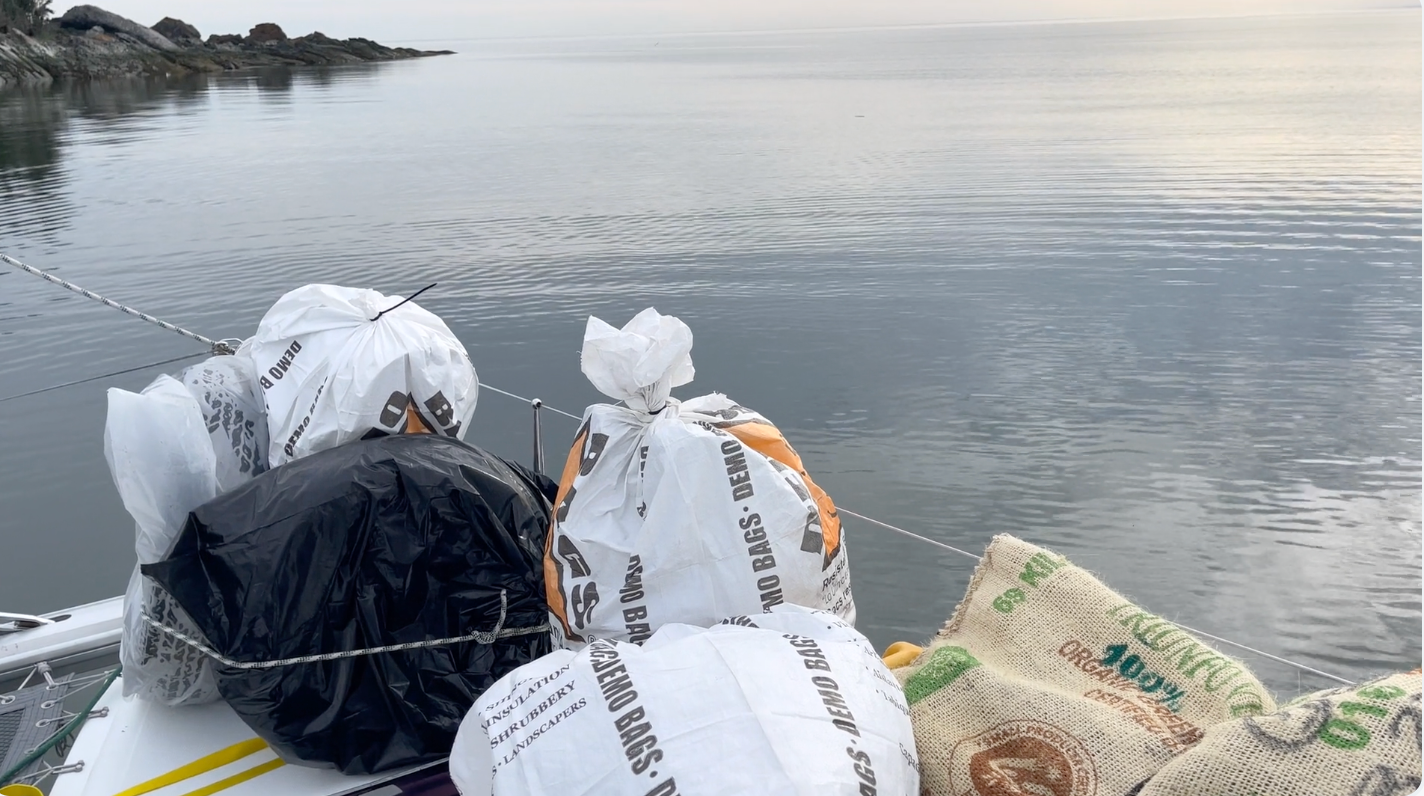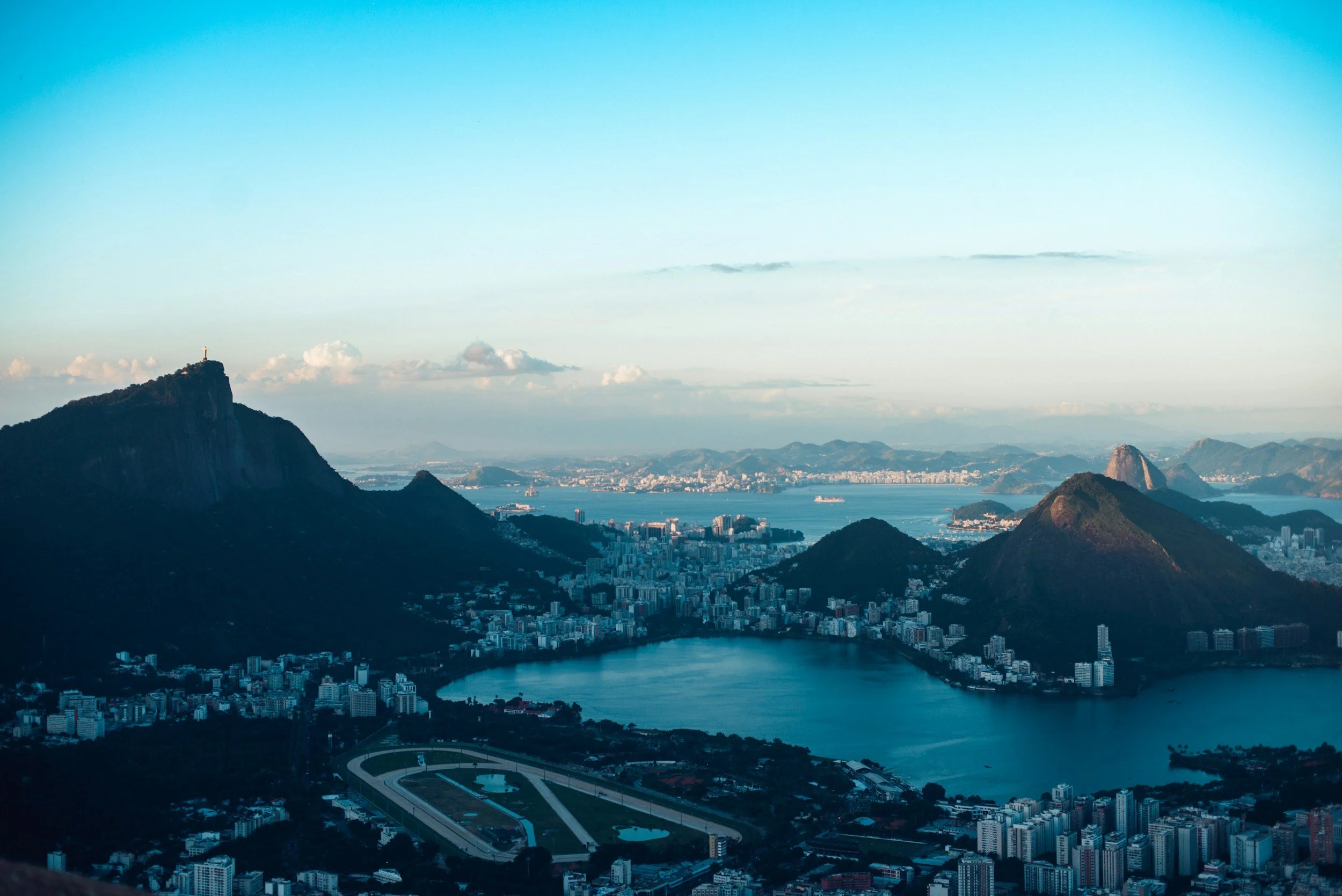
We are seeking submissions on a rolling basis for Heliotrope, a space for publishing short think-&-feel pieces. Heliotrope is a space for scholars and practitioners to explore and share your work — and to ask new questions.
Read more…
Foraging Plastics
By Polina Shubina and Elizabeth (Liz) Miller
48°08'49.3"N 69°14'28.7"W
We are each given a pair of gloves and a pathway to follow on the beach of Île aux Basques. Natalie, who has been on the expedition for 13 days suggests that we stay together to get a sense of how this plastic collection works.
Hall Road, Lahore: Devotion’s Signal Chain
By Hassan Asif
Hall Road is not a street so much as a live circuit. Coils of LED strip throb under glass counters; spools of XLR and speaker wire hang like vines; the ozone of solder and hot plastic mixes with dust, diesel, and chai.
By the Machine for the Machine: Virilio’s Logistics of Perception in the Age of Generative AI
By Tracy Valcourt
In War and Cinema, first published in 1984, Paul Virilio defined the notion of a “logistics of perception,” a circulating system which he considered essential to the development of modern warfare.
the way he scolded alexa
By Vange Schram
the way he scolded alexa
reverberated in the tone his son used
to inform the filipino nanny she misplaced his water
Bottle
The Palimpsestic Time of Brazil's Mediascape
By Gabriela Mayes
It hasn’t even been three decades since I last sent or received a telegram. The grooves rainfall left in the pink dirt felt like canyons to my small body.
Infrastructural Ruin as Placeholder in Giscome B.C.
By Sarah MacDonell
In the semi-abandoned, formerly booming sawmill town of Giscome, British Columbia (pop. 50), a (very) small turf war for its extractive future is taking place.
The Web is Too Big, or Scaling Down
By Scott Richmond
In October of 2024, Mozilla, not-for-profit publisher of the Firefox browser, announced that it's going to become an adtech company. This is real bad.
Secondhand Extraction and/as Mediation
By Tinghao Zhou
Imagine if our very survival instinct, the simple act of breathing, becomes a threat to our well-being.
Affective Footprints
By Trent Wintermeier
This essay follows a low-frequency sound looming around exposed communities in a relatively small area of southeast Austin, Texas. This sound is coming from the cooling equipment of four data center facilities. It’s artificial and metallic, the sound, but also disorienting and jarring—immediately recognizable as a low hum that is definitely other-than-human and, thus, machine generated...
Meditations on Tech-Fueled Visions for Canada’s “Green” Future
By Helen A. Hayes
Canadians across the political spectrum want action on climate change. They’re also increasingly unconvinced that individual action is adequate to address environmental destruction. As a result, activists have taken up this call in protests for “systems change.”
Space Junkies: Interplanetary Hoarding
By Marie-Pier Boucher and Alice Jarry
Outer Space and the City: Cohabitation Strategies with Interplanetary Infrastructures of Telecommunications (SSHRC, 2021–2023, University of Toronto/Concordia University) examines the role that telecommunications infrastructures play in shaping urbanization processes (Graham and Marvin, 1996, 2001).
After postmodernism: how documentary learned to stop worrying and love representation
By Anastasiia Gushchina
In 1999, Jane M. Gaines titled her introduction to the sixth volume of the Visible Evidence collection “The Real Returns.” In her essay, she discusses a twisted relationship between turn-of-the-century documentary and the world it is supposed to portray.
Artificial Intelligence in the Interregnum
By Blair Attard-Frost
I. The Prophecy
The Cult’s priests are conjuring an entity too complex for any of them to comprehend or control. It is an unruly assemblage of lithium mines and dump trucks, of shipping containers and undersea cables…
Time, Being and Resonance in the Anthropocene
By Trish Morgan
A field led down to a lake shore. This day had started out with what had become a regular occurrence - a distressing surge of cortisol from the anxiety of the pandemic and a dizzying workload.
E-cologies Part 3: Cyber-Pan
By Alis Oldfield
To locate vitalism within the network, we need to go back to the invention of electricity, the life-giving force of the internet.
E-cologies Part 2: Data Water
By Alis Oldfield
In order for the machined internet to be a living, breathing ecology, we need to locate and protect its cultures. In the pursuit of this exchange, this diverse culture, we need an elemental ingredient - water. Water is the stuff of life.
E-cologies part 1: The in-terra-net
By Alis Oldfield
When we talk of the internet, we often adopt spatial metaphors to discuss sites or domains, and our navigation between them as visits affected by traffic. If we imagine the shape of the internet, we might see maps of interconnected lines and dots, perhaps even stretched across a webbed globe.
Urban Mires: What Happened to the Garden of Moss?
By Isabelle Boucher
“Man and Nature bloom anew at Man and His World.”
Montreal is a city animated by a lingering cosmopolitan phantasmagoria, especially its two ‘man-made’ islands, Île Sainte-Hélène and Île Notre-Dame. Built to host Expo 67, a colossal World’s fair resting on dredged soil and urban debris, they became the experimental landscape and socio-technical matrix of the future megacity Montreal dreamt of being.
“A Road Will Pass”: the Communicative Logic of Infrastructure in the Peripheries
By Burç Köstem
I’m making what is now my second trip near the Küçükçekmece lake near the Western peripheries of İstanbul. I am with a small group of hikers. We are waiting to cross a ditch that has been dug between Ayşe’s self-built home and an agricultural field that belongs to the İstanbul University over which Kanal İstanbul is planned to pass.




















